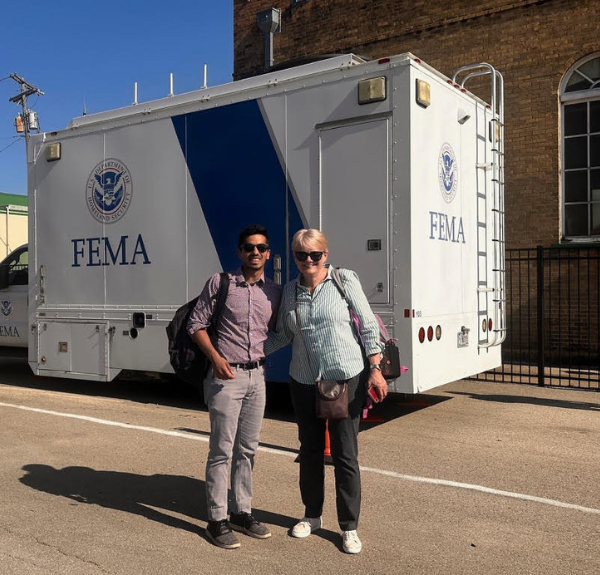On March 13, 2024, the “Having a Child and Early Childhood” Life Experience team hosted an event in New York City, bringing together experts from government agencies, NGOs, and the private sector to explore innovative approaches to support mothers and families during pregnancy, childbirth and early childhood. The event featured opening remarks from leaders including:
- Maya Mechenbier, Portfolio Lead, United States Digital Service,
- Amira Boland, Federal Customer Experience (CX) Lead, Office of Management and Budget,
- Dr. Laurie Zephyrin, Senior Vice President, Advancing Health Equity, Commonwealth Fund,
- Erin Erenberg, Chief Executive Officer, Chamber of Mothers
- Amy Gilbert, Senior Health Policy Advisor,Office of the Vice President.
Attendees gained insights on:
- Customer Experience (CX) “Having a Child and Early Childhood” programs designed to prioritize a positive experience for mothers, including:
- The expansion of the Newborn Supply Kit project to 10,000 kits in 10 states in 2024.
- The successful deployment of the Alumni Peer Navigator service at six pilot sites across the country.
- The launch of Notify for Families to provide parents with critical updates about benefits programs.
- Recommendations aligned with the goals of the Biden-Harris Administration’s Maternal Health Blueprint.
- International models for supporting young families, including maternal health, child care, and paid family leave.
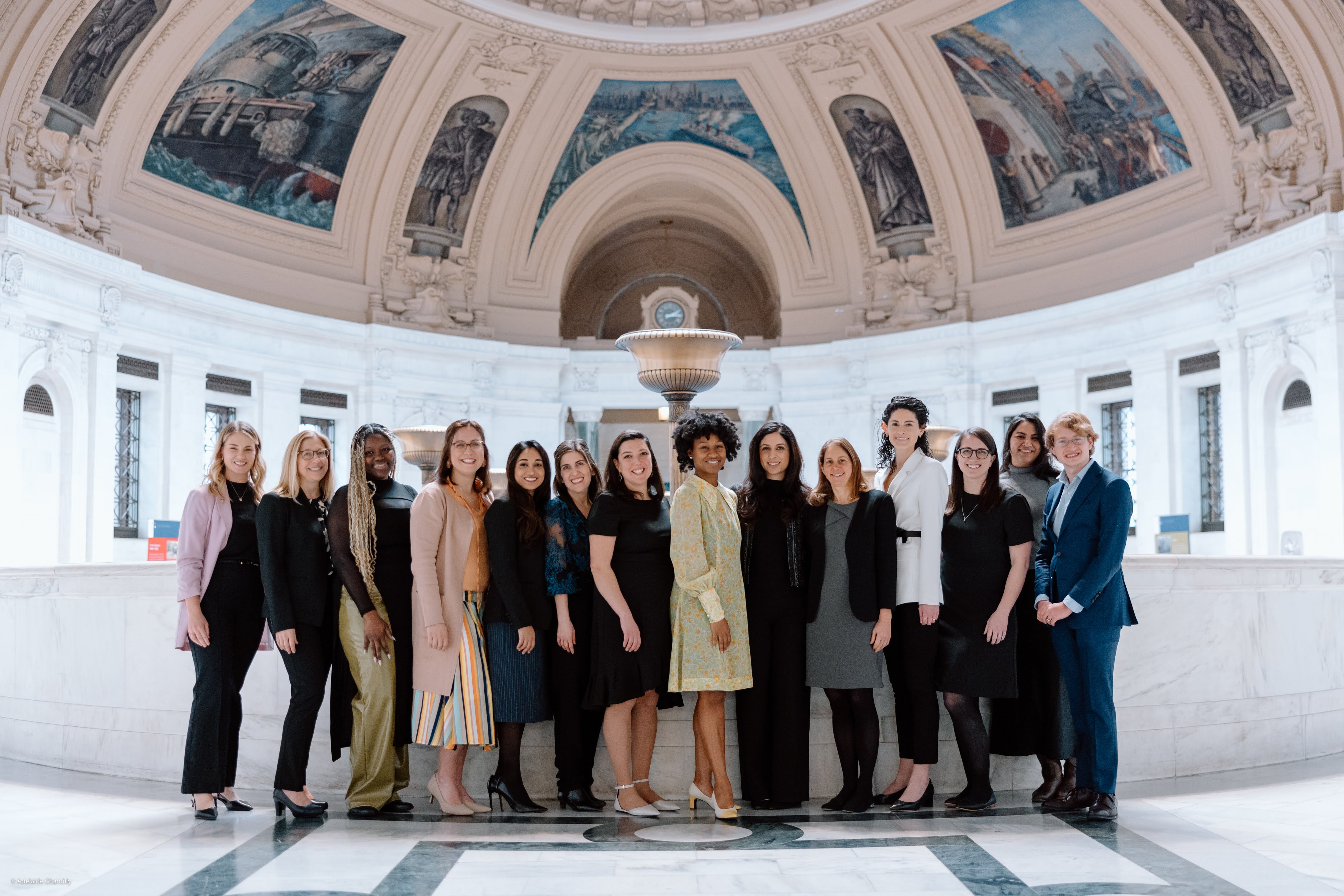
Global Best Practices in Focus
Following the introductions, six speakers, both in-person and virtually, shared successful models and best practices from around the world. Attendees heard from a team of experts during the session.
Providing Essential Supplies for the First Six Months of Life and Educational Materials to all Families in Scotland

Phil Alcock
Head of Promoting Children and Families Wellbeing Unit and
Improving Health and Wellbeing Division
Directorate for Children and Families, Scotland
Scotland’s Baby Box program provides essential items to all newborns. It includes clothing, bath and room thermometers, and a mattress for safe sleeping. The box also contains items to promote bonding between parents and their child, such as a play mat, a comforting toy, and books. Since 2010, Bookbug, Scotland’s universal early years book gifting program, has worked to ensure all children, regardless of income, receive 14 books by the time they reach the end of their first year in school. The program, delivered in partnership with the Scottish Book Trust, aims to encourage an early love of books in children.
Providing Paid Family Leave for Both Parents for 14 Months in Finland
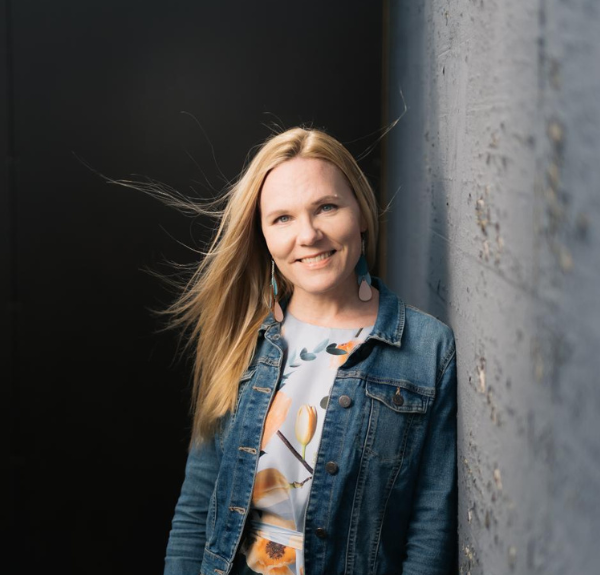
Elina Pekkarinen
Ombudsman for Children, Finland
Finland’s family leave policies empower both parents to participate in caregiving responsibilities. As of August 2022, the country reformed its family leave, providing 14 months of paid leave collectively for both parents. This can be used until the child turns two. In addition to taking leave all at once, parents can split their leave into up to four segments. However, any days taken under the pregnancy allowance program must be used consecutively. Regardless of custody, gender, and biological or adoptive status, all parents have equal access to the daily allowance.
Expanding the Availability and Measuring the Economic Impact of Affordable Child Care for Families in Canada
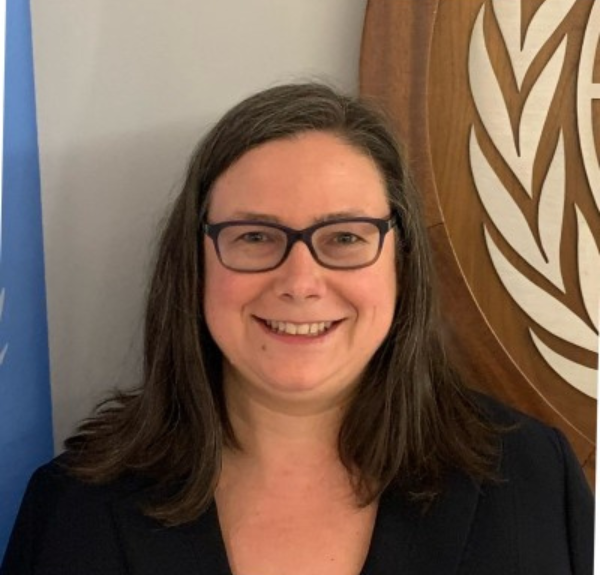
Kelly Nares
Director, Federal Secretariat on Early Learning and Child Care, Department of Employment and Social Development, Canada
As of April 2024, five Canadian provinces and all three territories deliver regulated child care for an average of Can$10-a-day or less. The Government of Canada believes that access to affordable, high-quality and inclusive early learning and child care (ELCC) enables parents, and especially mothers, to enter, remain in, or re-enter the job market. It also provides jobs for workers in the child care sector, the majority of whom are women, and creates a generation of engaged and well-prepared young learners.
This work began in 1997, when the province of Quebec began developing its own affordable child care system. Today, women in Quebec with children under the age of three have some of the highest employment rates in the world. Studies show that child care alone has raised Quebec’s GDP by 1.7 percent. In 2017 and 2018 this model was expanded across the country.
Decreasing Maternal Mortality with Free Care, Data Collection, Family Supports, and Workforce Training in Sierra Leone
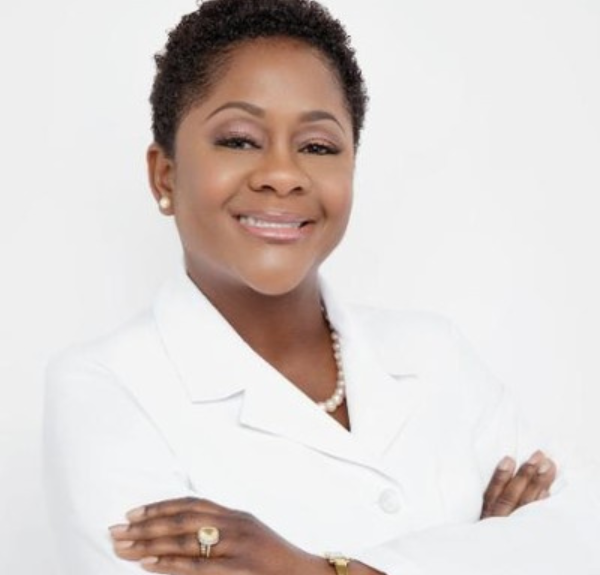
Dr. Fatu Forna
Co-Founder and Executive Director of The Mama-Pikin Foundation and Global Obstetrician & Gynecologist
In 2000, Sierra Leone had one of the world’s highest maternal mortality rates. By 2020, they had reduced their maternal mortality by 75% through prioritizing maternal health. The government of Sierra Leone instituted a multi-pronged approach which included:
- Providing free health care for all pregnant and postpartum mothers
- Strengthening hospitals, primary care clinics, and training more midwives and obstetrician-gynecologists
- Using data-guided care to provide targeted responses through their Maternal Death Surveillance and Response Program
- Providing paid sick and maternity leave
- Providing financial and psycho-social support in communities
Sierra Leone’s experience influenced Dr. Forna and her Georgia-based Kaiser Permanente team in the development of the Cocoon Pregnancy Care Model (CPCM), which seeks to reduce the maternal mortality and morbidity in the United States.
Improving Maternal Health Outcomes and Respectful Care using a Safe Childbirth Checklist in Central America
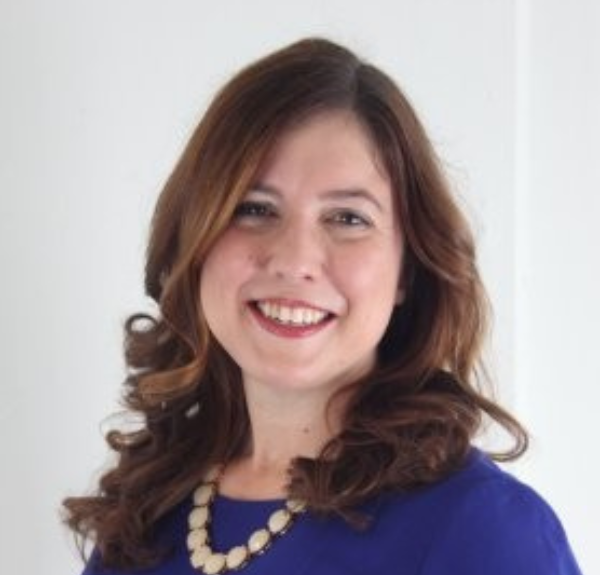
Dr. Katherine EA Semrau
Director of BetterBirth Program at Ariadne Labs
Since 2015, the WHO Safe Childbirth Checklist has been used globally to ensure consistent care for every birth. In Chiapas, Mexico, the organization Compañeros En Salud (CES), in collaboration with Partners in Health and Ariadne Labs, focused on strengthening the roles of midwives and obstetric nurses in local hospitals. They modified the WHO Safe Childbirth Checklist to prioritize Respectful Maternity Care, emphasizing communication, shared decision-making, and best birth practices. Among these modifications, these groups suggested that caregivers allow birth companions during labor, ask about preferred delivery positions, and maintain clear communication with pregnant women about their care plan and expectations.
Improving Access to Parental Mental Health Support through Digital Solutions and Employer Partnership in India
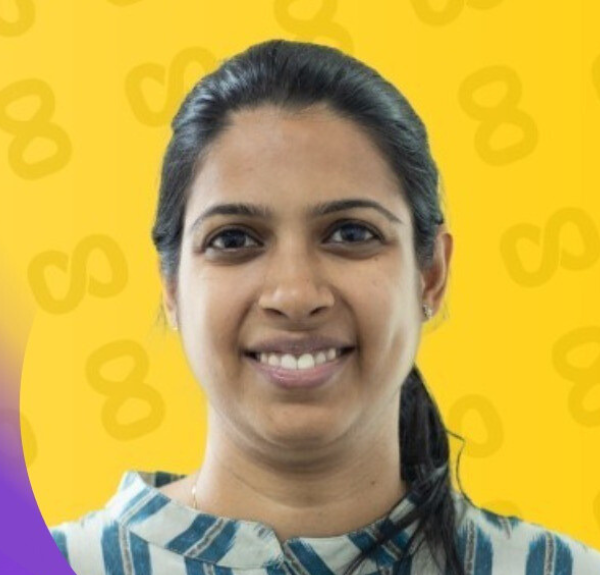
Richa Singh
Co-Founder of YourDOST
India offers one of the most comprehensive maternity benefits in the world, providing 26 weeks of paid maternity leave and also covering scenarios such as miscarriages and adoption. However, 73% of Indian women do not return to the workforce after their maternity leave. YourDOST’s Parenthood Program aims to support young families and provides holistic support from the first trimester. It includes one-on-one sessions with mental health professionals, curated resources, activities, and group sessions involving the mother, her partner, and workplace managers.
Collaboration for Impact: Ideas to Improve the Experience of Having a Child in America
After the speaker’s remarks, in-person attendees participated in a collaborative workshop. Attendees included maternal health and early childhood advocates from both public and private sectors representing federal agencies, philanthropic organizations, technology companies, health care systems, health plans, and academic institutions. Each contributed valuable insights and ideas based on their experiences and positions in the ecosystem of advocacy for maternal and child wellbeing.
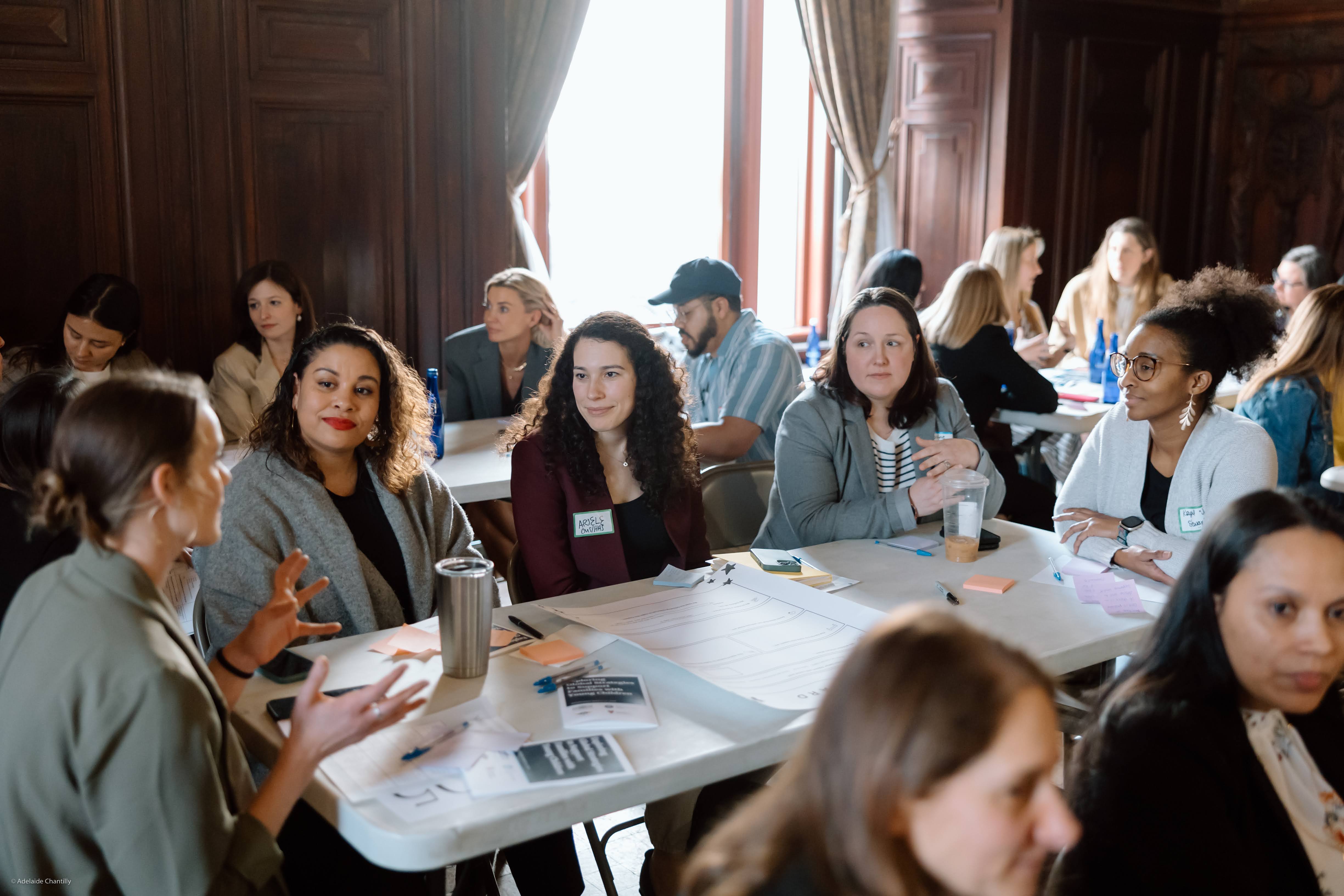
Workshop Proposals
Each team tackled a theme inspired by the global talks, applying their insights to brainstorm new ideas for improving the future of maternal healthcare in the U.S.
Paid Leave
- Implement 12 months of 100% paid parental leave, funded 50% by government and 50% by employer, with a bundle of perinatal services including lactation, mental health, a doula from pregnancy through postpartum — all fully covered by health insurance.
- Bundle paid leave policies for multiple forms of caregiving, ensuring universal paid leave covers every caregiver.
- Add mental wellness leave to the disability and bonding leave that are already a part of the Family and Medical Leave Act (FMLA); this could include three days before birth and two weeks after, available to both parents.
- Implement a business-funded coalition incentive to demonstrate universal paid leave with a path to government support through the Federal Insurance Contributions Act (FICA) payroll tax.
Holistic Models of Care
- Ensure that resources, knowledge, and expertise for pregnancy, birth, and early childhood are provided to families in the simplest format, exemplified through the use of text messaging to increase information accessibility, or the implementation of baby boxes to best equip new families with the tools they need.
- Provide mental health care through pregnancy and postpartum proactively, as opposed to in response to screening, to catch risk factors earlier and destigmatize seeking support.
- Update clinical guidelines, in partnership with the American Academy of Pediatrics, to screen for Universal Perinatal Mood and Anxiety Disorders (PMAD) in pediatric practices, expanding treatable PMADS beyond postpartum depression.
- Create public-private partnerships between government and private sector content experts to disseminate resources tailored to different child development phases, including issues like bullying, puberty, and social media use.
- Hold a national competition for communities to define mental health solutions, including non-traditional and non-clinical providers.
- Develop a text message system to encourage seeking mental health support and identify at-risk mothers.
- Provide more education on mental health symptoms, along with strategies and resources for family members to provide more support.
- Train and resource more midwives in the maternal health workforce.
- Update the WHO Safe Childbirth Checklist to include specific mental-health check-in’s during birth and distribute it to health systems across the U.S.
Centering Communities and Peer Support
- Provide a 360 approach of care and support through a Community Care Team and postpartum support hub.
- Deliver resources locally at places that are easy to access such as pharmacies, churches, libraries, and through home visits — meeting families where they already are.
- Create paid peer-to-peer services, including peer navigators and group support, to build extended networks for families who expressed a need for more communal models of support in their neighborhoods.
- Develop a corporate guide for providing parental leave resources — a set of best practices or checklist of covered support services.
- Establish a national StoryCorps to share birth stories — providing a space for visibility and acknowledgement of the emotional and physical impact of childbirth
The Way Forward
This event was a stepping stone towards developing a global support network for mothers and families. There is much more we can do to support American families, including structural support like paid family leave and affordable child care, which the Biden-Harris Administration continues to advocate for. By fostering knowledge sharing and collaboration, we can continue to improve maternal health outcomes and create a brighter future for early childhood development. Together, we can pave the way for a future where every mother and family receive the support they deserve.
Stay Informed
The Biden-Harris Administration’s PMA efforts will continue to make progress across the Having a Child and Early Childhood life experience. We invite you to continue to track our progress and keep up with events by following Performance.gov on LinkedIn and Twitter (X).
We will continue to update Performance.gov quarterly with progress on agency and PMA priorities. Subscribe to our newsletter to receive updates straight to your inbox.


